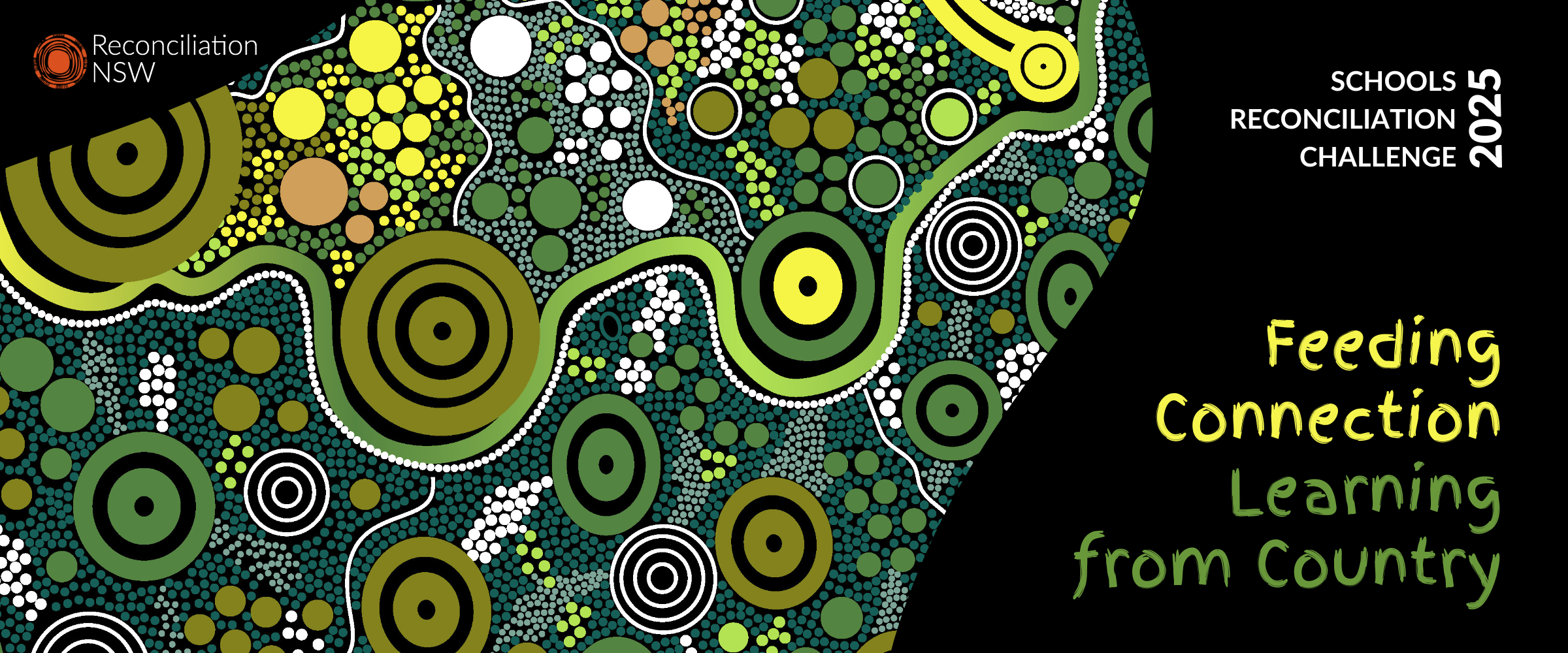
Feeding Connection: Learning From Country is a celebration of deep-rooted knowledge, ecological stewardship, and cultural resilience. At its heart lies the understanding that the land is not just a resource but a living, breathing entity, Country, that teaches, nourishes, and connects us all. Through the lens of reconciliation, sustainability, and education, this project invites students to explore how food and farming are more than just processes—they are cultural practices that hold stories, identity, and collective wisdom.
First Nations peoples have cared for Country, for tens of thousands of years through sophisticated agricultural systems that align with the natural rhythms of the environment. These systems are not only sustainable—they are regenerative. Practices like native grain cultivation, cultural burning, and careful land stewardship support soil health, biodiversity, and climate resilience. When we learn from these traditions, we begin to see that sustainability is not a new concept, but one that has long been embedded in Indigenous ways of knowing and being.
The act of growing food becomes a powerful metaphor for planting seeds of change. In classrooms, these themes become opportunities for young people to reflect on their relationship with the land and each other. They are invited to consider how food connects us to our past, nourishes our present, and shapes a more just and sustainable future. It encourages students to ask important questions: What can we learn from Country? How can we honour the knowledge of those who have cared for it for generations? And how can we grow together in reconciliation and respect?
By grounding these conversations in visual storytelling and thoughtful design, this project aims to spark curiosity, conversation, and connection. It sows the idea that reconciliation isn’t a single act, but an ongoing commitment—rooted in listening, learning, and acting with care. Through this creative journey, students are encouraged to see themselves as active participants in a shared future, where diverse knowledge comes together to nourish both people and the planet.
This year, the Schools Reconciliation Challenge artwork has been created by Jason Douglas from Dalmarri. Jason is a proud Murri man, whose people below to the tribal lands of the Kabi Kabi of south-eastern Queensland. Bush Medicine is the story of our natural resources provide us with amazing remedies to keep us well and healthy.
Find out more about Dalmarri here.
We’re thrilled to announce we have some exciting new content ready for you post-school holidays in partnership with Australians Together to bring you curriculum-aligned resources that support meaningful classroom learning inspired by this year’s Schools Reconciliation Challenge theme.
We’re also proud to be working alongside the Burraga Foundation to celebrate and share your students’ artworks with community through the Storylines platform.
Register your school and get a free lesson plan
Have a look at the teacher info sheet
Download Key Dates and Submission info sheet